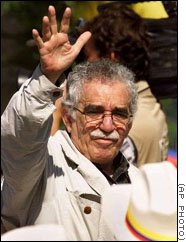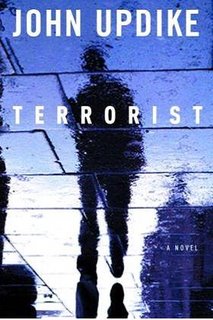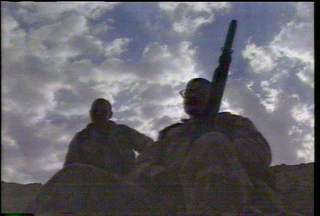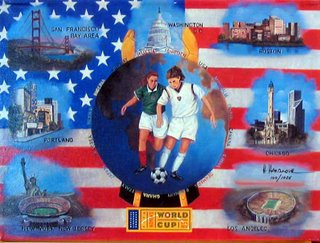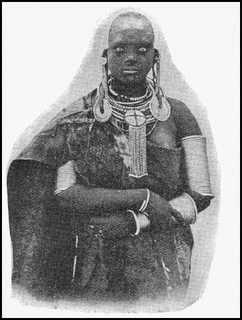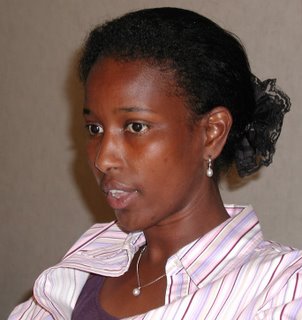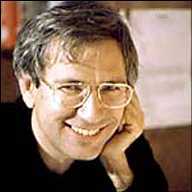 Pamuk
Pamuk comes in highly recommended, besides being the most recent Nobel Prize winner for Literature. He was on my to-read list for over a year, but it was only after his novel
"Snow" was singled out for recognition did I finally get down to reading him. This may have something to do with the fact that he writes in Turkish, and therefore his novels are translations. Of recent, I have developed a mental block toward translated novels; Garcia Marquez's novel "Memories of my Melancholy Whores" being my first victim.
Pamuk's Snow is yet another such translation; a novel I therefore picked with some reservations. Having decided to read it, I have to admit that it was quite the page-turner for the first hundred pages or so. When a novel starts off at that frenzied level of anticipation, it creates problems for itself; those of sustainability. The author has to now maintain the same level of excitement in the reader for the remainder of the novel. I'm not sure
Pamuk succeeds in doing that in
"Snow". The delirious excitement of the first few chapters subsides steadily into a figure-out-who-I-am session.
What really drew me into the story was its setting; Anatolia, a peninsula of Western Asia in Turkey which is part Asia and part Europe, the Asian part being the larger . The interplay of dynamic characters in an ethnically diasporic setting always makes for a unique reading experience; and
"Snow" was that. The characters, so very different and yet displaying and experiencing universal human emotions of anger, jealousy, greed, and pride, makes the reader forget the geographic and ethnic borders that divide Turkey, a country that straddles between its secularist identity and its ancient Islamic heritage. In fact, at the very outset, the reader embarks on a journey that showcases this split. It is a journey that the reader takes on with the main protagonist Ka to his homeland Kars, a place from where Ka'd been exiled twelve years ago. Ka has now been invited by an old friend to report on a spate of suicides among young Muslim girls prevented from wearing headscarves in school.
Mentally taxing though at times, but the wide array of characters that
Pamuk generates in the context of the story is remarkable, definitely a mark of a master story teller with a restless imagination. As
Pamuk himself admits, "I have this urge to stop this life and start afresh," he says. "I am in a train, and the train goes into a town, or it passes close to houses. ... You see inside the house where a man, a family, a TV is on, they're sitting at a table. You see a life there. There's an immense impulse to be there, to be them, to be like them." That is exactly what he does in the novel; each character is unique with a life of its own that could well have been spun into another story, but
Pamuk leaves you with but a taste, and wanting for more.
The evasive nature of the novel and its characters is reflective of
Pamuk's own unwillingness to be pinned down, his restlessness at being unidimensional in his ethnic identity, his political views, or then his characters. For example,
Pamuk's chief protagonist, Ka, is hard to hold on to. It is easier for the reader to be one with Ka's journey than with Ka himself. This inconsistency in Ka's character is like a dual edged sword that lends Ka, the poet, his credibility; yet, it also takes away from Ka because the reader is unable to empathize with him. It is this very dichotomy that Orhan, a friend of Ka in the novel (possibly the writer
Pamuk himself) lays bare to reader scrutiny at the end of the novel. It's almost as if Pamuk wanted the reader to be the judge of what
Pamuk had so vividly yet dipassionately presented in his story.
The reader comes away wondering whether this was but a cerebral merengue for a politically erudite brain or did
Pamuk have a message to convey through the novel. Was
Pamuk trying to promote Turkey's bid to join the European Union, a move
Pamuk has openly supported? Or is he raising public awareness of the slow but sure insurgence of radical Islam into the Turkish psyche? Is he exploring the role of Art in a nation in the throes of political, economic, and religious turmoil? Or then, is it as the title suggests, a philosophic perspective on 'snow' wherein
Pamuk studies the anatomy of a
snowflake and develops it into a symbol such that, "Everyone has his own snowflake; individual existences might look identical from afar but to understand one's own eternally mysterious uniqueness, one has only to plot the mysteries of his or her own snowflake".

 What a bit of sunshine can do in the most hopeless of situations!
What a bit of sunshine can do in the most hopeless of situations!
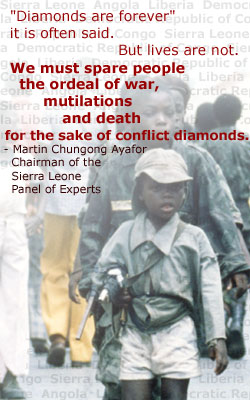





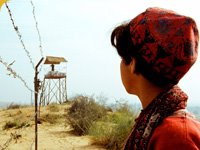


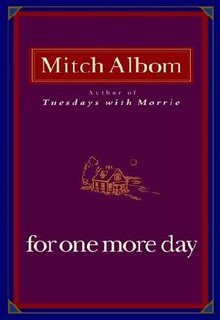


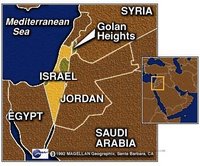




 caravaning cirruli
caravaning cirruli









